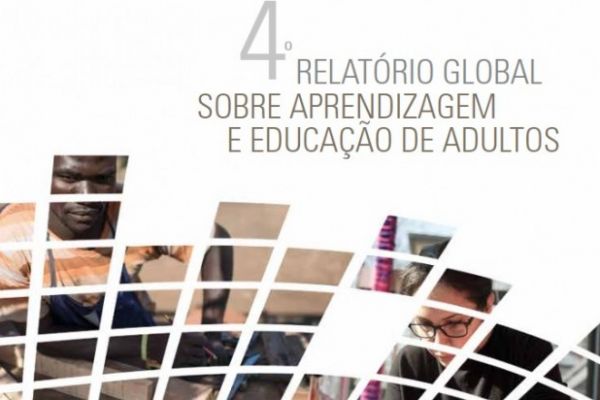
Publicado por Juan Carlos da Silva
Fonte
On 30 September 2020, the Representation of UNESCO in Brazil, in partnership with the UNESCO Institute for Lifelong Learning (UIL) and the UNESCO Chair for Youth and Adult Education, launched the Portuguese translation of the fourth Global Report on Adult Learning and Education (GRALE 4) during a webinar about lifelong learning and adult education in a context of global crisis. Around 100 experts and stakeholders, across Brazil and beyond, discussed how to further advance lifelong learning and adult education in particular.
Published by UIL, GRALE 4 monitors the extent to which UNESCO Member States put their international commitments regarding adult learning and education into practice and reflects data submitted by 159 countries. Participants in the virtual event echoed GRALE 4’s call for a major change in the approach to adult learning and education (ALE) backed by adequate investment to ensure that everyone has the opportunity to access and benefit from adult learning and education and that its full contribution to the 2030 Agenda for Sustainable Development is realized.
In almost one-third of countries, fewer than five per cent of adults aged 15 and above participate in education and learning programmes, according to the report. Adults with disabilities, older adults, refugees and migrants, minority groups and other disadvantaged segments of society are particularly under-represented in adult education programmes and find themselves deprived of crucial access to lifelong learning opportunities.
The publication, with its theme ‘leaving no one behind: participation, equity and inclusion’, stresses the need to increase national investment in ALE, reduce participation costs, raise awareness of benefits, and improve data collection and monitoring, particularly for disadvantaged groups.
Download the fourth UNESCO Global Report on Adult Learning and Education in English, French, Russian, Arabic, and Portuguese.